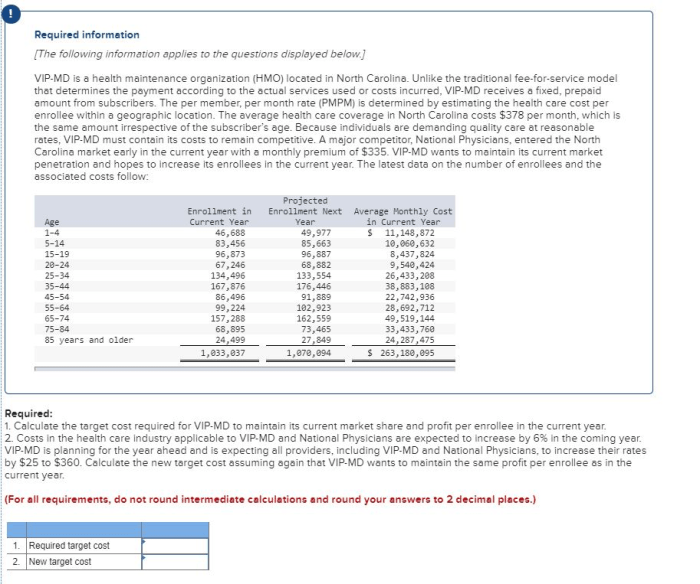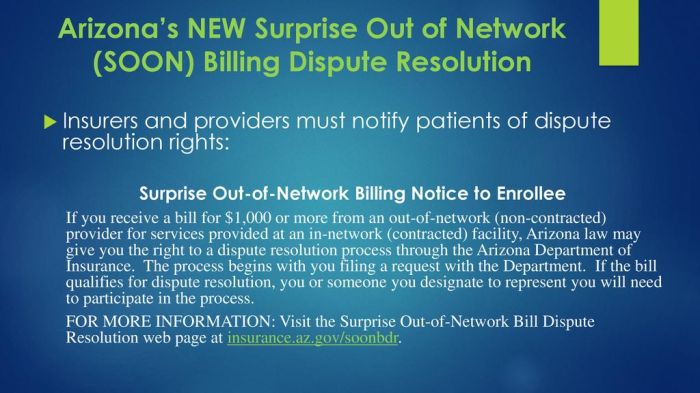Each HMO enrollee must be provided with comprehensive healthcare coverage that meets their individual needs. This obligation stems from both legal and ethical considerations, and HMOs must take all necessary steps to ensure that their enrollees have access to the care they require.
This article will explore the scope of coverage that HMOs must provide to their enrollees, the steps they must take to ensure access to care, and the quality standards they must meet. We will also discuss the cost of coverage for HMO enrollees and the strategies that HMOs can use to control costs.
Healthcare Maintenance Organization (HMO) Enrollee Requirements

Healthcare Maintenance Organizations (HMOs) provide healthcare coverage to their enrollees, ensuring access to necessary medical services. This coverage is crucial for maintaining good health and well-being, reducing financial burdens associated with medical expenses, and promoting overall quality of life.
HMOs have legal and ethical obligations to provide comprehensive coverage to their enrollees. This includes coverage for preventive care, routine check-ups, diagnostic tests, and treatment of acute and chronic conditions.
Examples of coverage that must be provided to each HMO enrollee include:
- Primary care services (e.g., check-ups, vaccinations)
- Specialist care (e.g., cardiology, oncology)
- Hospitalization
- Emergency care
- Prescription drugs
- Mental health services
- Preventive screenings (e.g., mammograms, colonoscopies)
Scope of Coverage for HMO Enrollees, Each hmo enrollee must be provided
HMO plans provide a range of services that must be covered for each enrollee. The scope of coverage varies based on factors such as age, health status, and location.
For example, children may have coverage for additional services such as well-child visits and immunizations, while seniors may have coverage for chronic disease management and long-term care.
The specific services covered for each enrollee are determined through a process that involves:
- Reviewing the enrollee’s medical history and current health status
- Consulting with healthcare providers
- Adhering to state and federal regulations
Ensuring Access to Care for Enrollees
HMOs must take steps to ensure that enrollees have access to necessary healthcare services in a timely manner.
This includes:
- Establishing a network of providers
- Providing transportation to medical appointments
- Offering telehealth services
- Establishing clear communication channels
- Addressing language barriers
Delays in treatment can have serious consequences for enrollees’ health and well-being. HMOs must prioritize timely access to care to mitigate these risks.
Quality of Care for HMO Enrollees
HMOs are responsible for providing quality care to their enrollees. This includes:
- Meeting established standards of care
- Using evidence-based practices
- Monitoring and evaluating outcomes
- Addressing patient concerns and grievances
Quality measures are used to assess the performance of HMOs in providing care. These measures may include patient satisfaction, health outcomes, and adherence to clinical guidelines.
Best practices that HMOs can adopt to improve the quality of care for their enrollees include:
- Investing in provider training and education
- Implementing quality improvement initiatives
- Empowering patients in their own care
Cost of Coverage for HMO Enrollees
The cost of coverage for each HMO enrollee is determined by factors such as age, health status, and plan design.
Premiums are typically higher for older enrollees, those with chronic health conditions, and those who choose plans with more comprehensive coverage.
HMOs can use various strategies to control the cost of coverage for their enrollees, including:
- Negotiating lower rates with providers
- Implementing disease management programs
- Encouraging healthy lifestyles
Popular Questions: Each Hmo Enrollee Must Be Provided
What is the scope of coverage that HMOs must provide to their enrollees?
HMOs must provide their enrollees with a comprehensive range of services, including preventive care, primary care, specialty care, hospitalization, and mental health care. The specific services that are covered will vary depending on the enrollee’s age, health status, and location.
What steps must HMOs take to ensure access to care for their enrollees?
HMOs must take all necessary steps to ensure that their enrollees have access to the care they need. This includes providing timely appointments, maintaining a network of providers, and providing transportation to medical appointments.
What quality standards must HMOs meet?
HMOs must meet high standards of quality in providing care to their enrollees. This includes meeting national standards for quality of care, such as those set by the National Committee for Quality Assurance (NCQA).


